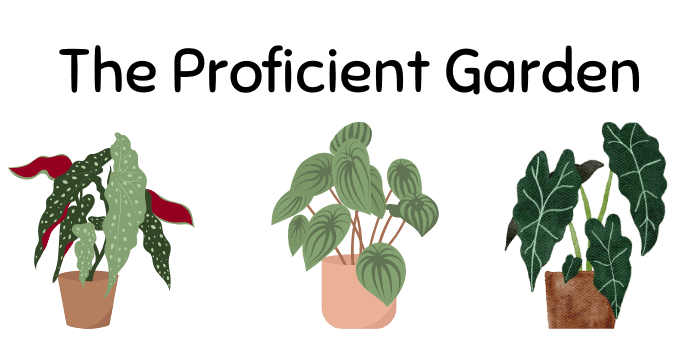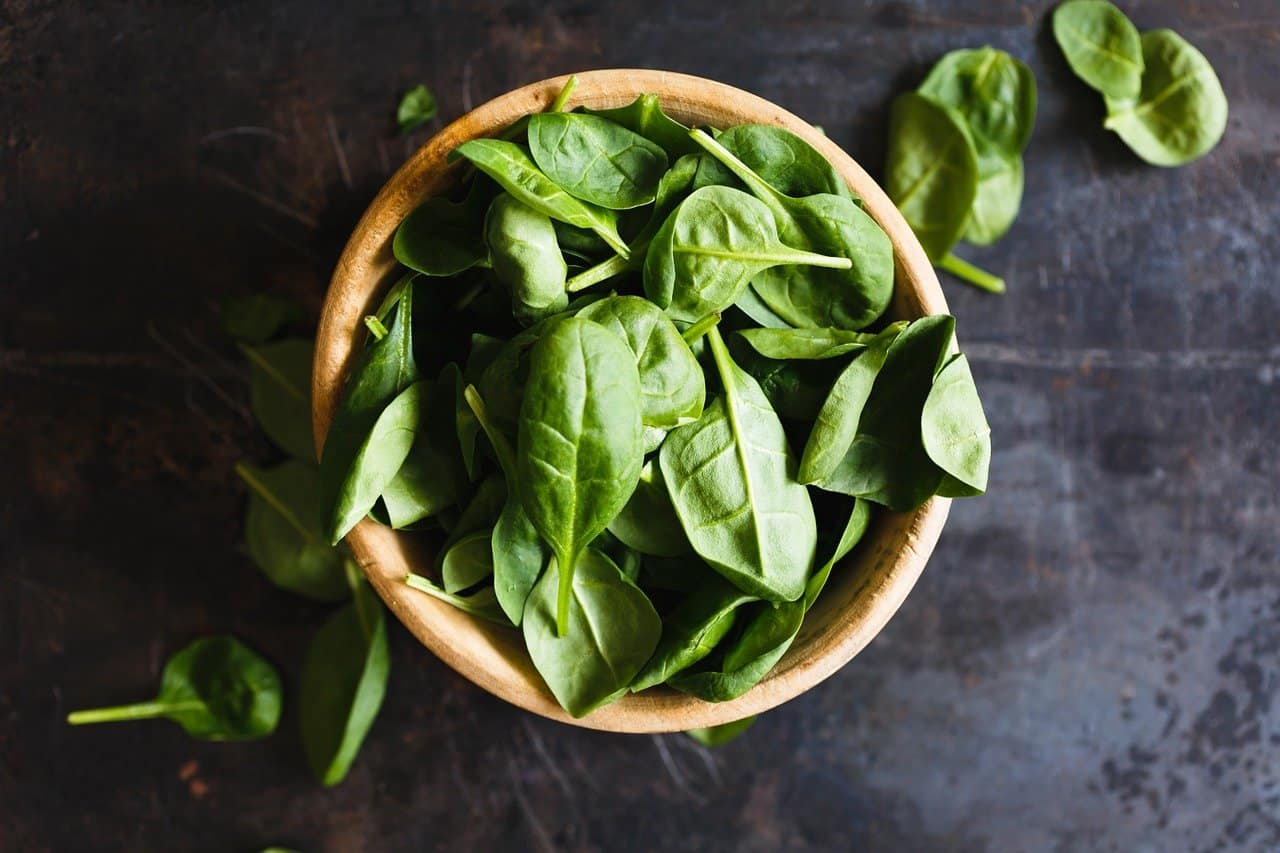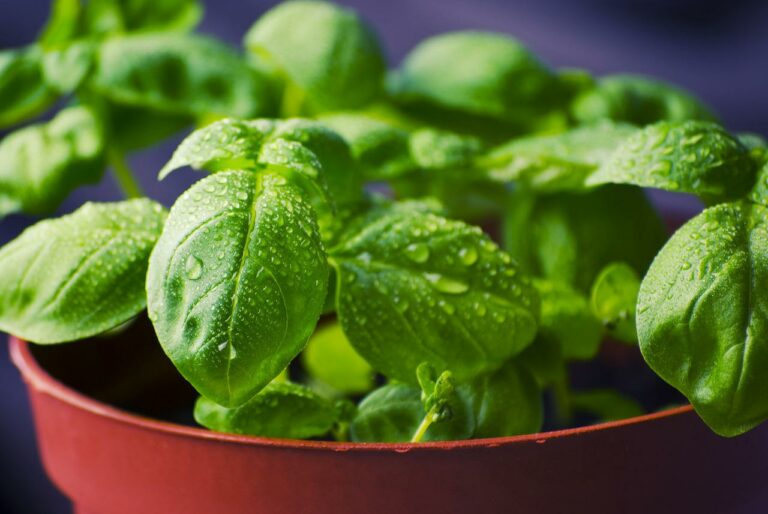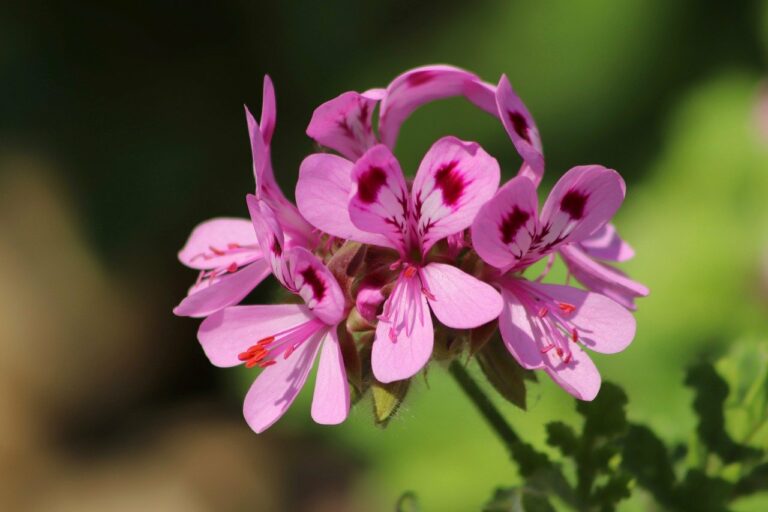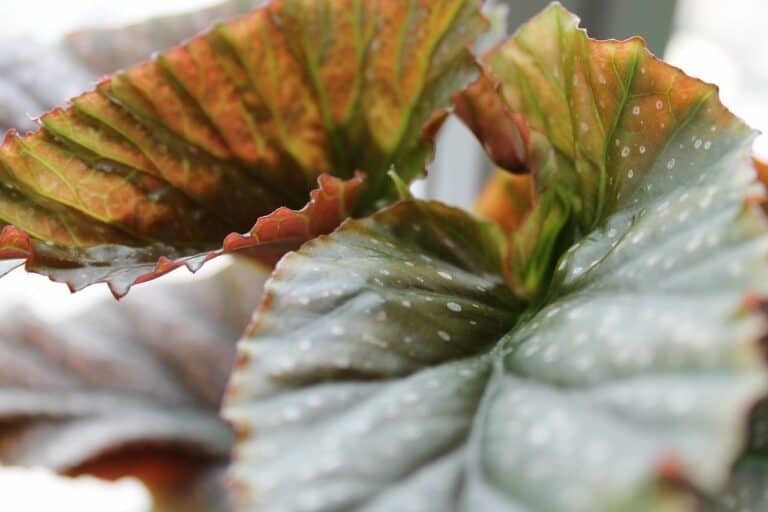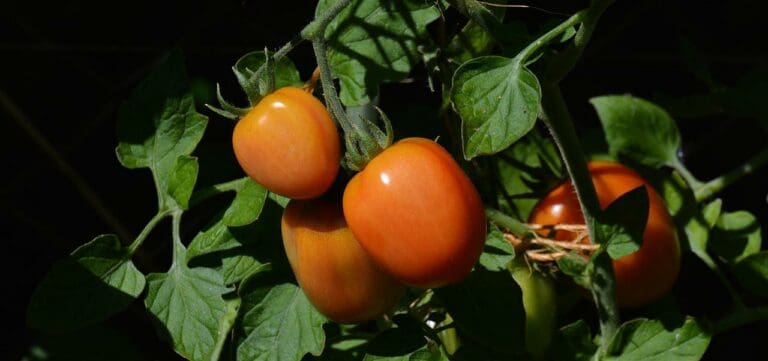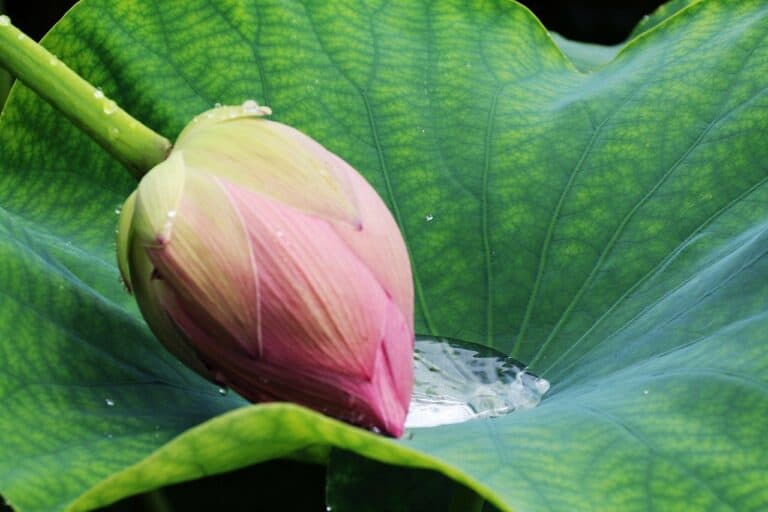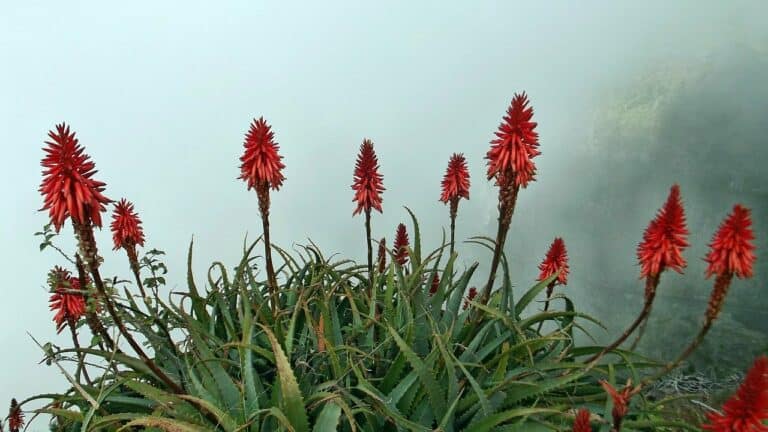Table of Contents
What Are Herbs?
Herbs are plants or plant parts that can be eaten, brewed into a tea, or used as an essential oil. Some plants have medicinal value, and others just taste good!
People worldwide use herbs to treat and prevent illnesses and injuries. They’re part of remedies for nearly every ailment.
Some common herbs are:
- Echinacea — to treat the common cold and other illnesses like Lyme disease. It’s also taken by people who need extra immune support or who want to prevent getting sick in the first place.
- Ginseng — an energy tonic. People use it to help prevent illness and feel more energetic.
- Garlic — to treat a whole list of ailments from blood pressure problems to ear infections.
Herbs and Naturopathy
Most people think of herbal remedies as a kind of folk medicine that’s been around for hundreds or thousands of years.
Using plants to heal is an ancient practice, but it isn’t just something practiced by small groups in faraway countries. Herbal medicine is used in many cultures throughout the world. Some of these countries are closer than you think, like Canada and Mexico!
Herbs haven’t just been around for a long time, and they’re also modern. People started using herbs to treat medical problems scientifically about 100 years ago, so it’s very different from traditional folk medicine.
Herbal medicine is also prevalent because it’s usually safe. Of course, there are risks with anything you put in your body, but herbs are less likely to cause dangerous side effects since they come from plants.
People who use naturopathic medicine rely on herbal remedies because they’re safe and effective. All types of naturopathy often use herbs, but some might use them a lot more than others.
Naturopaths can use herbs in many different ways. You’ll want to talk with one if you’re interested in using herbal medicine while being treated by a naturopathic doctor or other types of practitioner.
Herbs That Can Be Used in Naturopathy
Different cultures use different plants for their health habits. For example, in China, people use Ginseng. In Mexico, people like to drink teas made of hibiscus flowers.
Other countries use plants that are more common in North America or Europe. Popular herbs include garlic, ginger, lavender, eucalyptus oil, tea tree oil, lemon balm, and stevia in Canada and the US.
Regardless of which herbs are used, each one has its benefits. For example, lavender flower oil is good for pain relief, stevia sweetens foods without adding sugar, and garlic helps lower cholesterol.
It’s always a good idea to learn about all of the plants you’re using to use them safely. Never take any kind of herb if you’re unsure what it is or how to use it.
No One Knows The Full Potential of Herbs
There are thousands of different herbs that have been used over the years, but there is very little scientific research into what they can do. Some herbal distributors include usage instructions on the boxes, but some do not. The only way to find out what can be used for those who do not is by word of mouth from those who have tried it.
So, make sure you have valid information before ingesting or applying any herb without understanding its effects and dosage. You can usually find ample information about an herb’s abilities online, so be sure you order the right herb for the right ailment.
While some people experience positive effects from taking herbal supplements, others find no benefits. Therefore, it’s always best to be informed before adding new herbal treatments to your daily regimen.
No One Knows the Side-Effects of All Herbs
Some herbs can have adverse effects when combined with certain medications, but there is a variety that no one knows how they will react if taken in conjunction with other drugs or supplements.
When it comes to herbs, you should use caution and start with smaller dosages until you’re sure you won’t have an allergic reaction, just as you would with any other synthetic medicine. Begin with a test sample and then increase the amount if everything goes well.
Before adding any herb to your diet, speak with a pharmacist or doctor to determine whether or not it’s safe to take it as a supplement. This way, you can prevent any complications from occurring later on down the road.
